15 Fascinating Secrets About Ancient Libraries and the Knowledge They Held
The quest for knowledge has driven humanity to create remarkable institutions throughout history, with ancient libraries standing as testaments to our enduring dedication to preserving wisdom. These magnificent centers of learning housed countless scrolls and manuscripts, each carefully cataloged and protected by devoted scholars and librarians.
While modern libraries continue this noble tradition, their ancient predecessors held secrets and practices that would astonish contemporary readers. Walking through the grand halls of these historical treasuries of knowledge would reveal a world both familiar and surprisingly different from our own.
Let’s explore the remarkable secrets these ancient libraries held, each offering a unique glimpse into how our ancestors valued and preserved their written heritage.
The Great Library’s Competitive Collection Methods
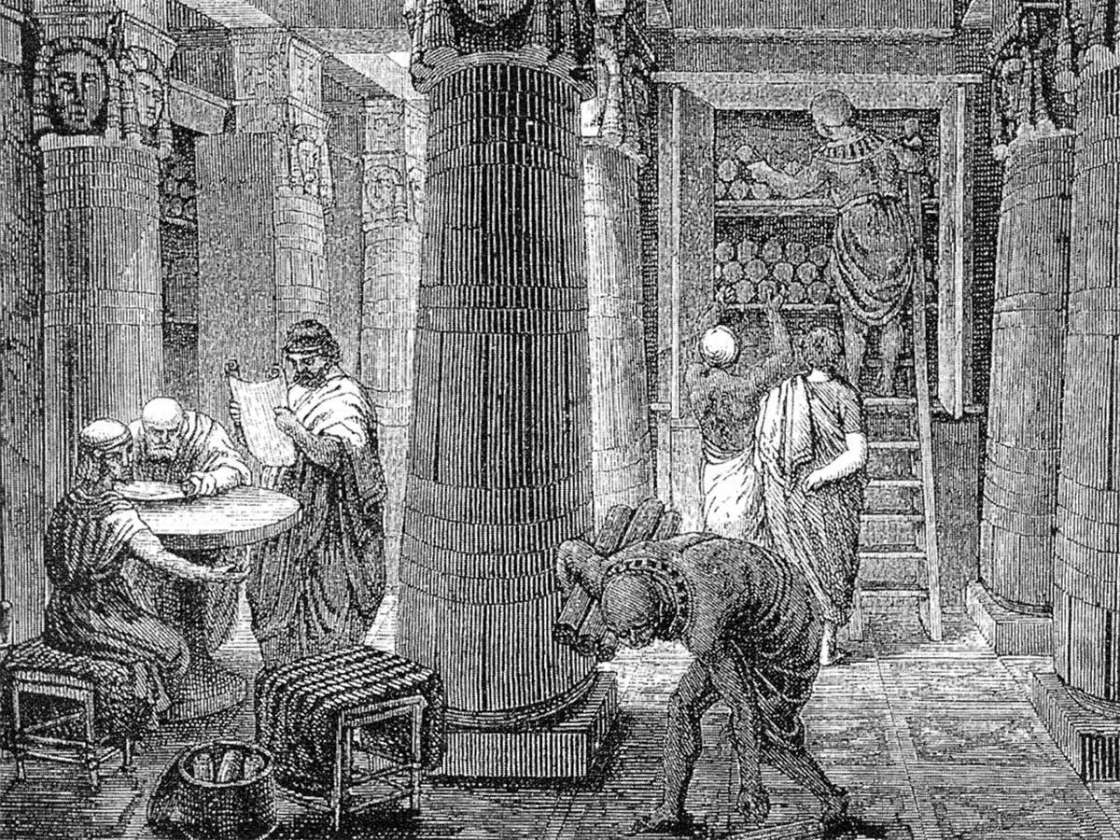
Alexandria’s legendary library employed remarkably aggressive acquisition tactics, requiring all ships entering the harbor to surrender their books for copying. These copies were kept in the library while the originals were returned to their owners, though historical accounts suggest that sometimes only the copies were returned.
The library’s agents traveled extensively throughout the known world, using the Ptolemaic kingdom’s vast wealth to purchase or copy texts, contributing to a collection that eventually grew to hundreds of thousands of scrolls.
Sacred Scribal Traditions
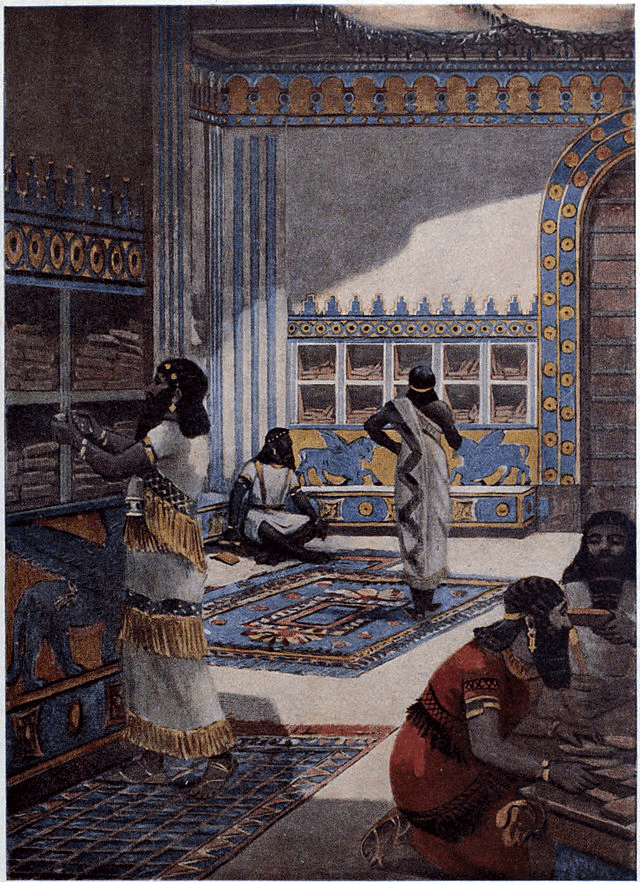
Ancient Mesopotamian libraries maintained strict protocols for their scribes, who worked in dedicated chambers following precise rituals. Before copying texts, these skilled artisans performed purification ceremonies and recited specific prayers, believing their work to be divinely sanctioned.
The scribes used specially prepared materials and worked during designated hours when the light was optimal for their detailed work.
Like Go2Tutors’s content? Follow us on MSN.
Hidden Chambers and Secret Passages
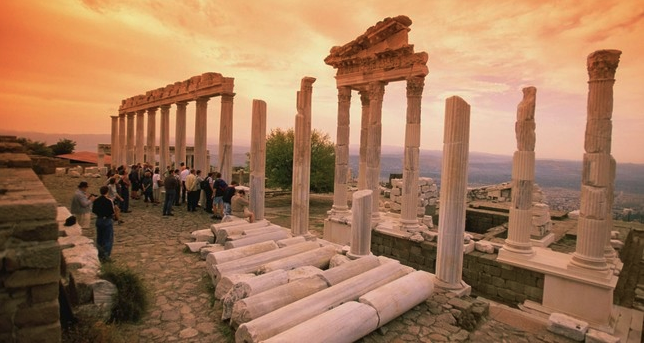
Many ancient libraries incorporated concealed rooms and passages designed to protect their most valuable manuscripts. The library of Pergamum featured an intricate network of underground chambers where particularly precious scrolls were kept safe from both natural elements and potential raiders.
These hidden spaces maintained surprisingly stable temperatures, helping preserve delicate documents.
Clay Tablet Classification Systems
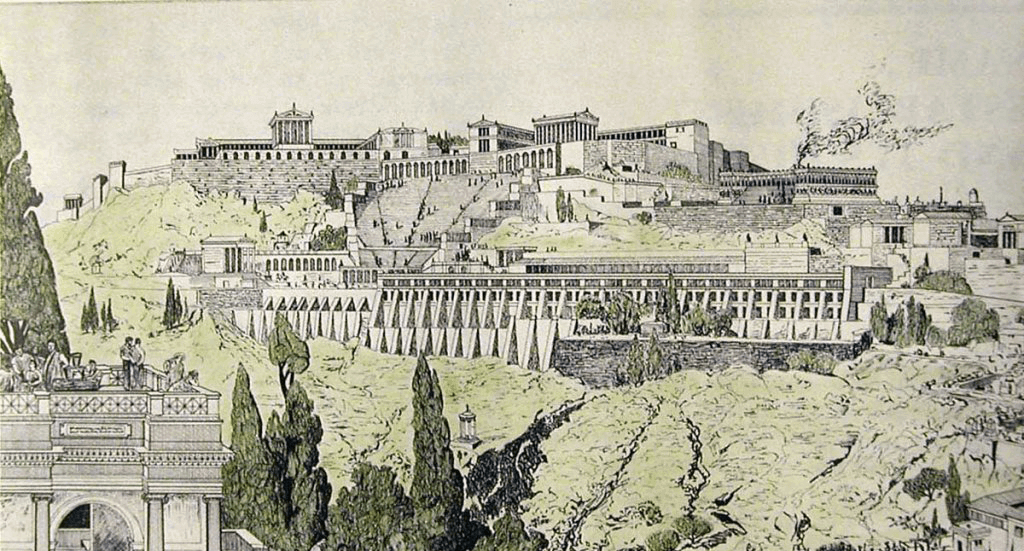
Mesopotamian libraries developed sophisticated cataloging systems for their clay tablet collections thousands of years before modern library organization methods. Tablets were arranged by subject matter, with colored marks indicating different categories and small clay tags serving as location markers.
The system was so effective that archaeologists have found tablets still arranged in their original order.
The Poisoned Book Myth

Medieval Arabic libraries perpetuated fascinating legends about poisoned books that could kill readers who moistened their fingers to turn pages. While likely exaggerated, these stories emerged from the real practice of treating manuscripts with protective substances that could indeed be harmful if ingested.
This served as both a preservation technique and a security measure.
Like Go2Tutors’s content? Follow us on MSN.
Scroll Security Methods

Ancient Roman libraries employed innovative security measures to protect their collections. Valuable scrolls were kept in locked wooden cases called capsae, and certain texts could only be accessed with special permission from designated custodians.
Some libraries even attached small metal tablets to scrolls with chains, creating an early version of modern anti-theft devices.
Knowledge Preservation Techniques

Library scholars developed remarkably effective methods for preserving their precious documents. Cedar oil was commonly applied to scrolls to prevent insect damage, while special storage containers made from specific woods helped control humidity.
Some libraries even used aromatic herbs between scrolls, a practice that not only preserved the documents but left archaeologists with valuable information about ancient botanical knowledge.
Multi-Language Translation Centers
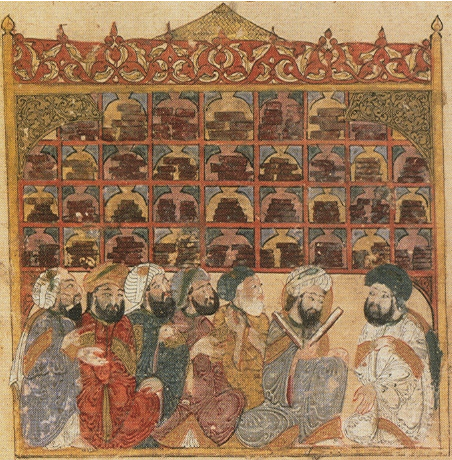
Ancient libraries often served as sophisticated translation centers where scholars worked to make texts accessible across different cultures. The House of Wisdom in Baghdad employed teams of translators who rendered Greek, Persian, and Indian texts into Arabic, creating detailed glossaries and translation guides.
This helped preserve knowledge across linguistic boundaries.
Like Go2Tutors’s content? Follow us on MSN.
Reading Room Protocols
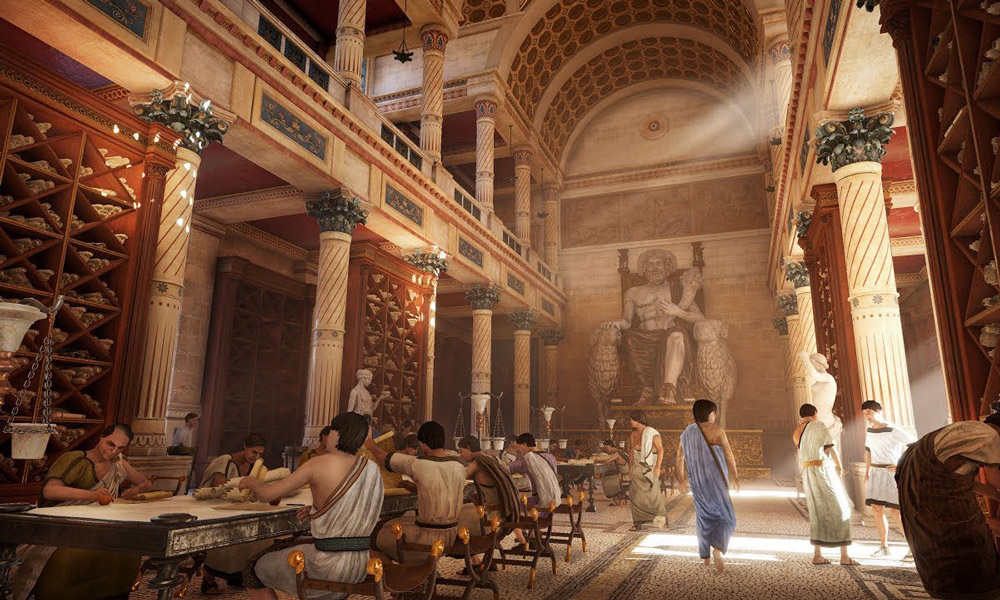
Many ancient libraries maintained strict rules about how texts could be accessed and read. Readers in Egyptian libraries often had to work in designated reading rooms where the light was carefully controlled to protect documents while still allowing for optimal viewing.
Some facilities required readers to wear special clean garments before handling certain texts.
Duplicate Preservation Strategy
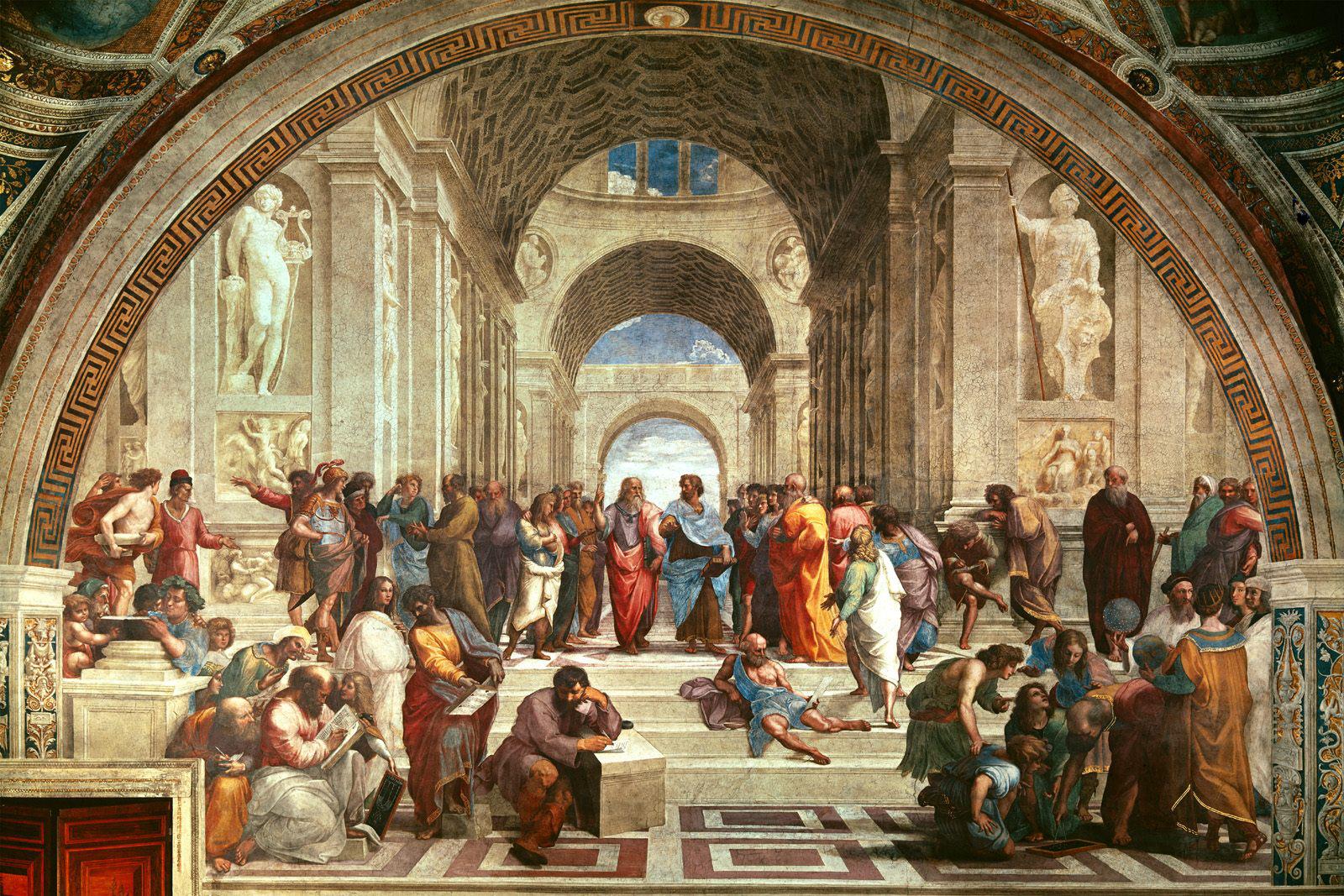
Ancient librarians understood the importance of maintaining multiple copies of important texts. The Library of Alexandria famously created three different versions of many documents: one for local use, one for secure storage, and one for potential trading with other libraries.
This system helped ensure the survival of many texts despite natural disasters and political upheavals.
Musical Document Collections

Some ancient libraries maintained extensive collections of musical notations and theoretical works about harmony and sound. The Greeks particularly valued these musical documents, storing them alongside mathematical texts due to their belief in the deep connection between musical harmony and mathematical principles.
Like Go2Tutors’s content? Follow us on MSN.
Emergency Evacuation Plans

Many ancient libraries developed sophisticated plans for protecting their collections during emergencies. The Library of Pergamum had a system of underground tunnels and safe rooms where valuable texts could be quickly relocated during times of danger.
Similar systems have been discovered in other ancient library sites across the Mediterranean region.
Reader Authentication Methods
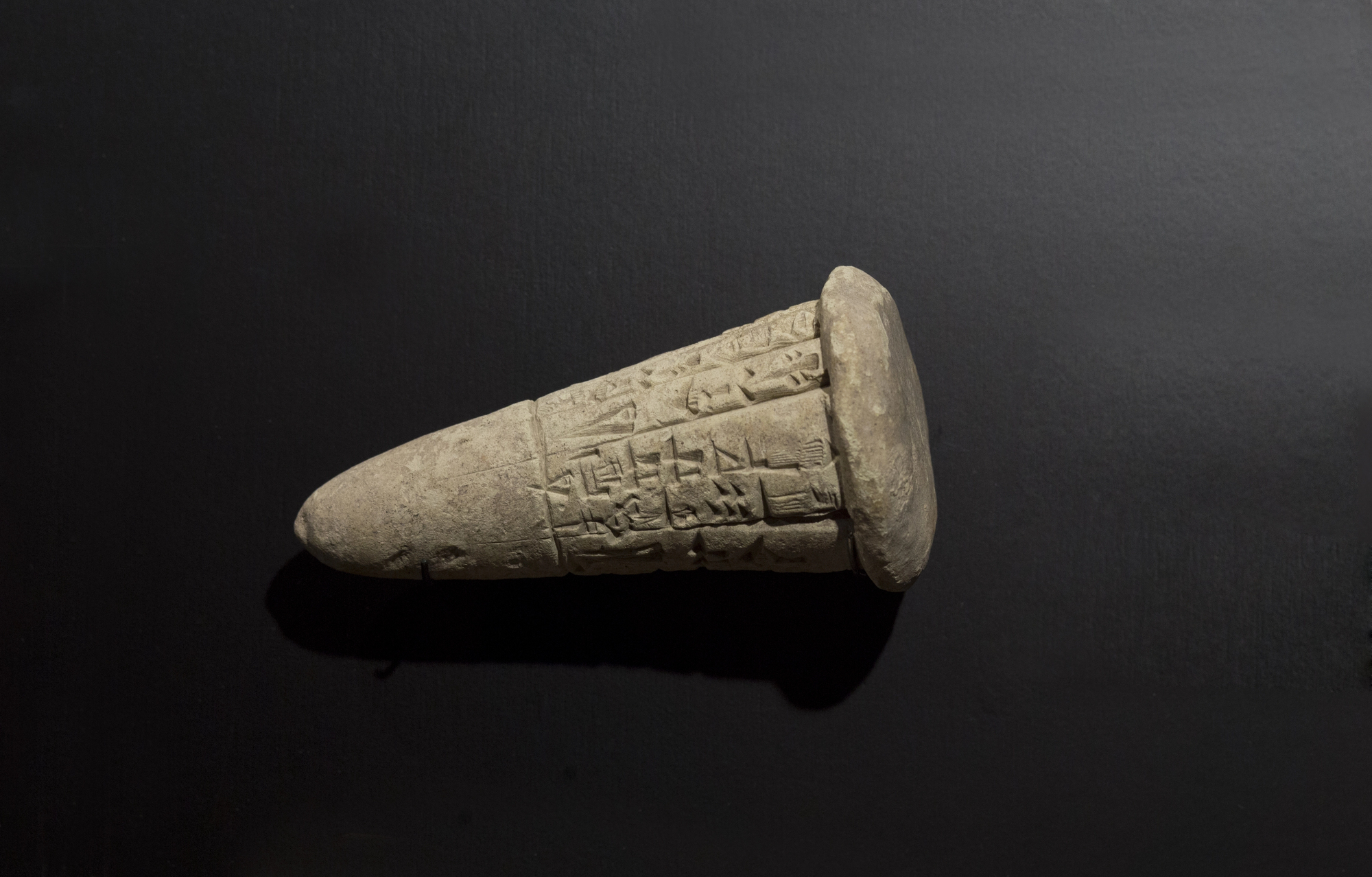
Ancient libraries developed various methods to verify the identity and credentials of their readers. Some facilities used clay tokens that served as library cards, while others maintained lists of approved scholars who could access certain collections.
These early authentication systems helped protect valuable documents while ensuring their accessibility to qualified researchers.
Climate Control Innovations

Ancient architects designed library buildings with remarkable attention to environmental control. Some facilities featured specially angled windows that maximized natural light while minimizing direct sunlight exposure on documents.
Others used innovative ventilation systems that helped maintain optimal humidity levels for document preservation.
Like Go2Tutors’s content? Follow us on MSN.
Restoration Workshops
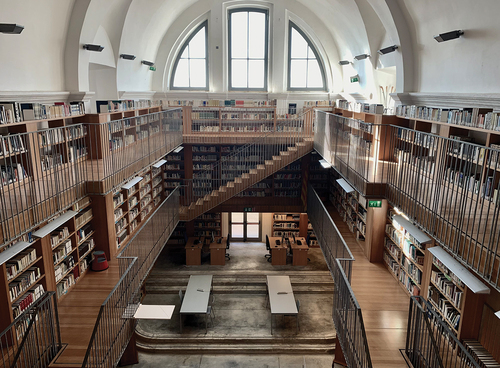
Major ancient libraries maintained dedicated facilities for document repair and restoration. Teams of skilled craftspeople worked to repair damaged scrolls, reinforce weakening materials, and create protective casings for vulnerable documents.
These early conservation efforts helped preserve countless texts for future generations.
The Legacy Lives On

These ancient institutions laid the groundwork for modern library science, though many of their secrets remain buried in the sands of time. Their innovative approaches to preservation, organization, and accessibility continue to influence how we think about knowledge storage and sharing today.
The dedication of these early librarians to protecting and sharing human knowledge serves as an inspiring reminder of our long-standing commitment to preserving wisdom for future generations.
More from Go2Tutors!

- Famous Battles: How Much Do You Really Know About U.S. History?
- Top 5 Most Important Skills, According To Harvard Business School
- How Well Do You Know 90s Pop Culture? Take the Quiz
- Master the Art of Public Speaking with These Expert Tips
- Think You Know Capitals? Put Your Knowledge to the Test
Like Go2Tutors’s content? Follow us on MSN.



